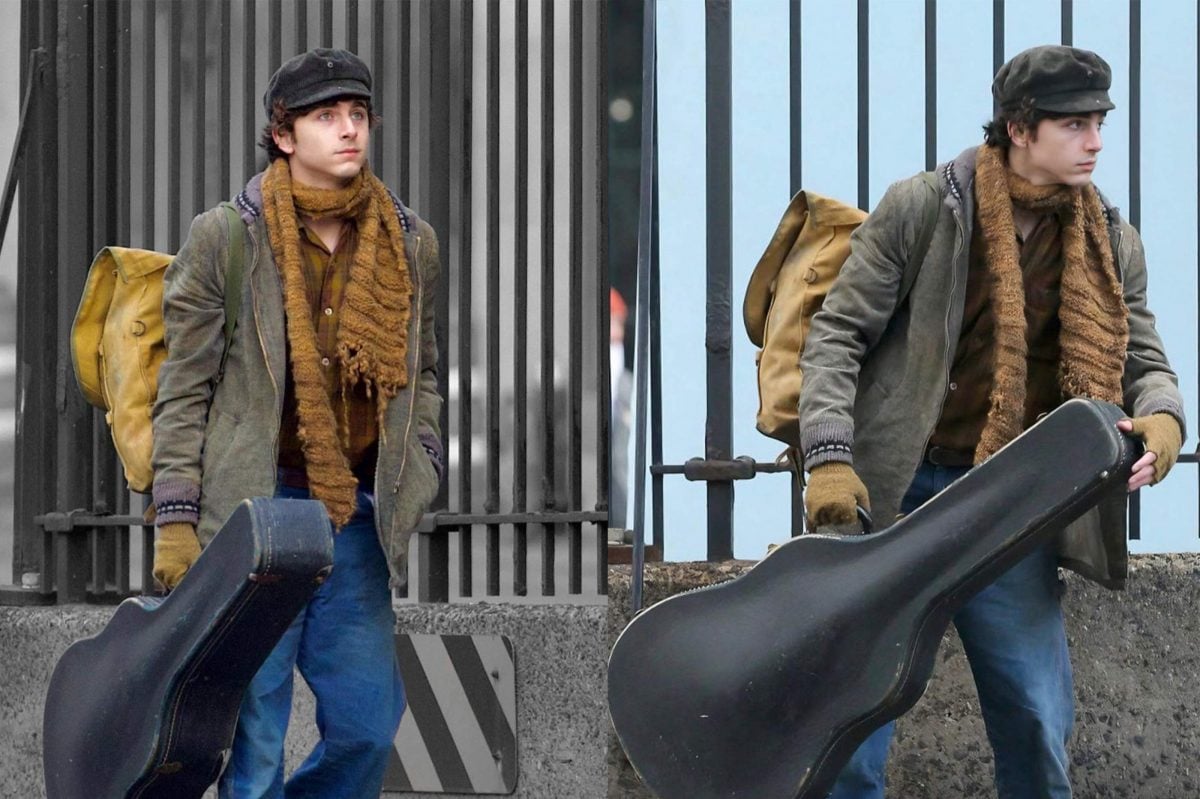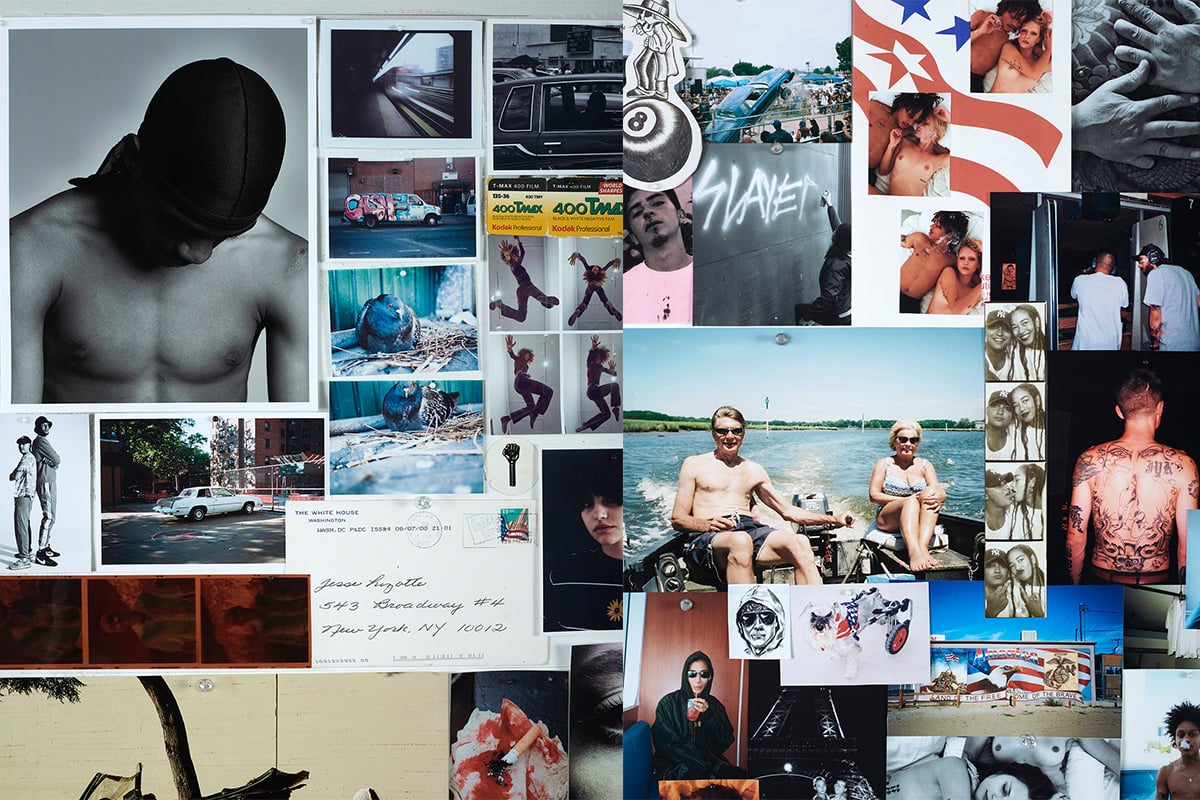
"When I look at these things I am reminded of the fragility of life and how important it is to be present."
In a time and place where distractions are cheap and gratifications come quick, moments of reprieve may be hard to find. At these crossroads, however rarely they may come, there are some artists who gently remind us of life and the passing of time, bringing us back to render in quieter moments. Whether we discover it through a piece of music, a familiar scent, poetry or a photograph - no matter how brief the encounter, there are some that can make time stop still and teach us how to feel again.
This month in art, photographer Jesse Lizotte's third upcoming show And it felt like forever opens at China Heights Gallery, imbuing melancholy and joy all into one. Exposing a collection of the artists most intimate photo diaries exhibited almost like an open journal, the show delves into the most intimate and vulnerable spaces of the artists life. Voyeuristically traveling through time and rendering through space, the show explores dark corners, private memories and streams of consciousness through a collection of photographic souvenirs that document his life and his trepidations.
We speak with photographer Jesse Lizotte about his upcoming show and discuss intimacy, nostalgia, vulnerability and mementos of time captured still.
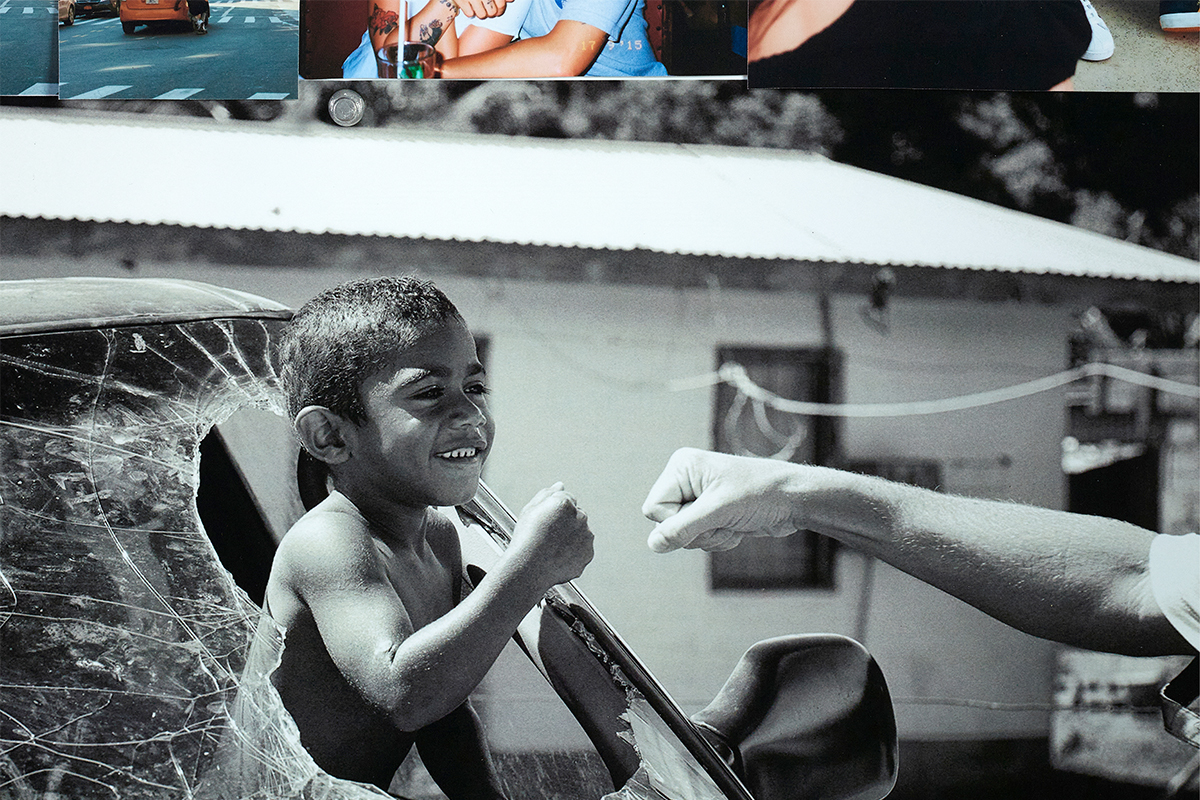
The new show seems to stir around feelings of intimacy and nostalgia. What was the thought processes behind weaving these themes throughout your work?
This body of work is my visual diary. It is democratic in the sense that there are very personal photographs of my wife Dakota, my Brooklyn apartment (which is no longer) and some of people I have met on the street and had a fleeting interaction with. Either way, these moments left lasting impressions on me and the memories are on display here, in the show, presented in a non linear way. Over the last year during COVID, I found myself pining for contact with people, travel and New York where I had grown up so I started to dig through old photos and shoe boxes full of negatives. This was the beginning and it was very nostalgic and cathartic experience for me.
In choosing to showcase some of these personal moments, did you come across any challenges or things that felt overtly vulnerable for you?
It’s always scary to be vulnerable and to "bare your soul" like that, but this is the fabric that makes up who I am and I’m proud of that. I think certain mementos that confront the topic of death were particularly difficult for me. Even though I am covered with tattoos of skulls and drawn to imagery like that, it’s something that I think about often and struggle with. There is a photo of my grandfather's coffin, you can see where my uncle Michael carved some words into it with a buck knife before dousing it with whiskey. And next to it is a photo of my father walking away, moments after the funeral. He was walking alone and it was just me and him. He was so brave and even managed to smile for the photo. There are photos of friends in there that have since passed, a note from a friend who’s no longer with us. When I look at these things I am reminded of the fragility of life and how important it is to be present.
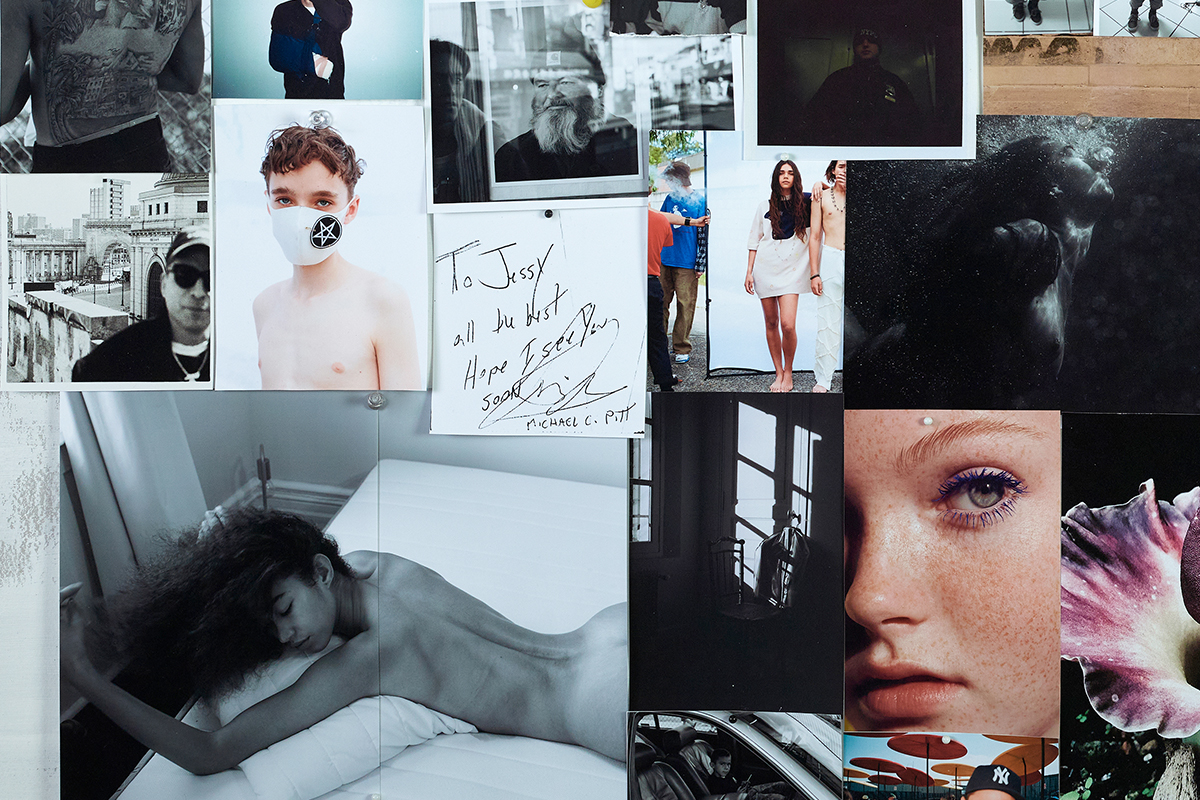
The show is curated to be reminiscent of your bedroom walls. What did your bedroom walls look like growing up?
I always loved pinning things to my walls. It was like your own private gallery. When I was younger it was juvenile doodles, tickets to a show or a movie, maybe a few stickers from some 90’s skate brand I had found, CD sleeves etc. As I got older and my tastes evolved, the walls started to look a little different. There were pin up girls, photos I had taken and printed and drawings that became more elaborate and tattoo inspired. It was always eclectic and reflective of where I was at and what I was feeling at that point in my life.
A constant theme in your work seems to be those that revolve around exposing quieter and more sacred moments. What inspires or draws you to this type of photography?
The first photographers I was really turned on to - their work was more reportage or documentarian in nature. The likes of Robert Frank, Larry Clark and Nan Goldin to name a few. They were all very personal and visceral and so I always aspired to take photos like that. I’m also a quiet and introverted person by nature and I think I found a sense of escapism in those photo books. Photography was a means for me to express myself but have my subjects be the vehicle. I could hang with people and as long as I had a camera in my hand, I felt like I could be a fly on the wall. A great photo will make you feel that way, like you are really in the room, privy to a sacred moment.
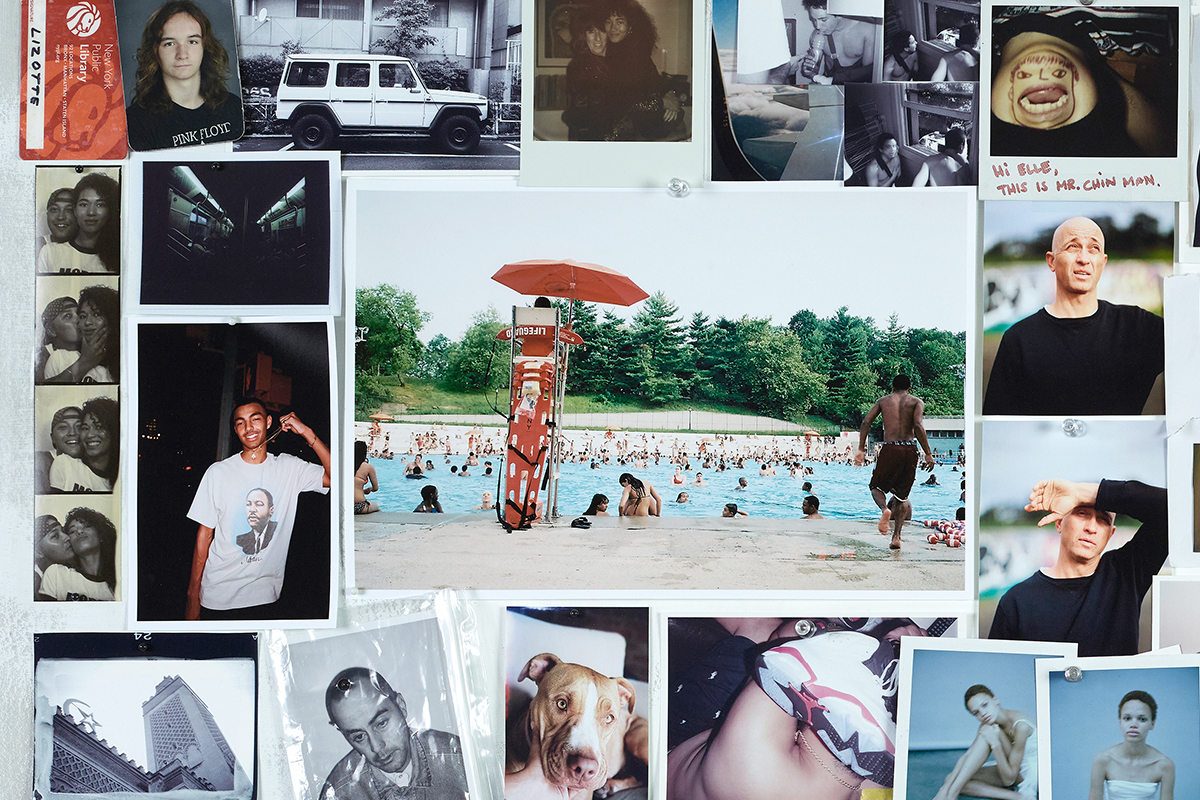
With the show, we almost travel in time. In the present and the current climate, what is informing your work and inspiring your world at the moment?
Well I think it was an escape from just that. 2020 and the current climate is one that is frightening. Having just been through the worst four years with Trump’s presidency, for me it’s really exposed the cracks in society and the importance of taking a strong stance on what’s really important to you. It’s very black and white for me, you can’t just be grey on matters concerning social injustice and systematic racism. In my work I’ve always been drawn to people on the fringes, people who have been marginalised, minorities, because it resonated with me. And in this shit storm, how can I give this visibility and what am I trying to say with this photo, and with my platform?
With your personal diary on display, in reflection any regrets or anything you wished you'd done different?
No regrets, as cliche as it sounds. You can’t live with that baggage. I know it feels like forever when you’re going through it, but you gotta stop and smell the roses. Cherish those moments because time really goes by way too fast. Things get better, and just accept yourself. That’s what I would go back in time and tell the ‘teen angst’ me.
And It Felt Like Forever opens this Friday, 26 March at China Heights Gallery.



